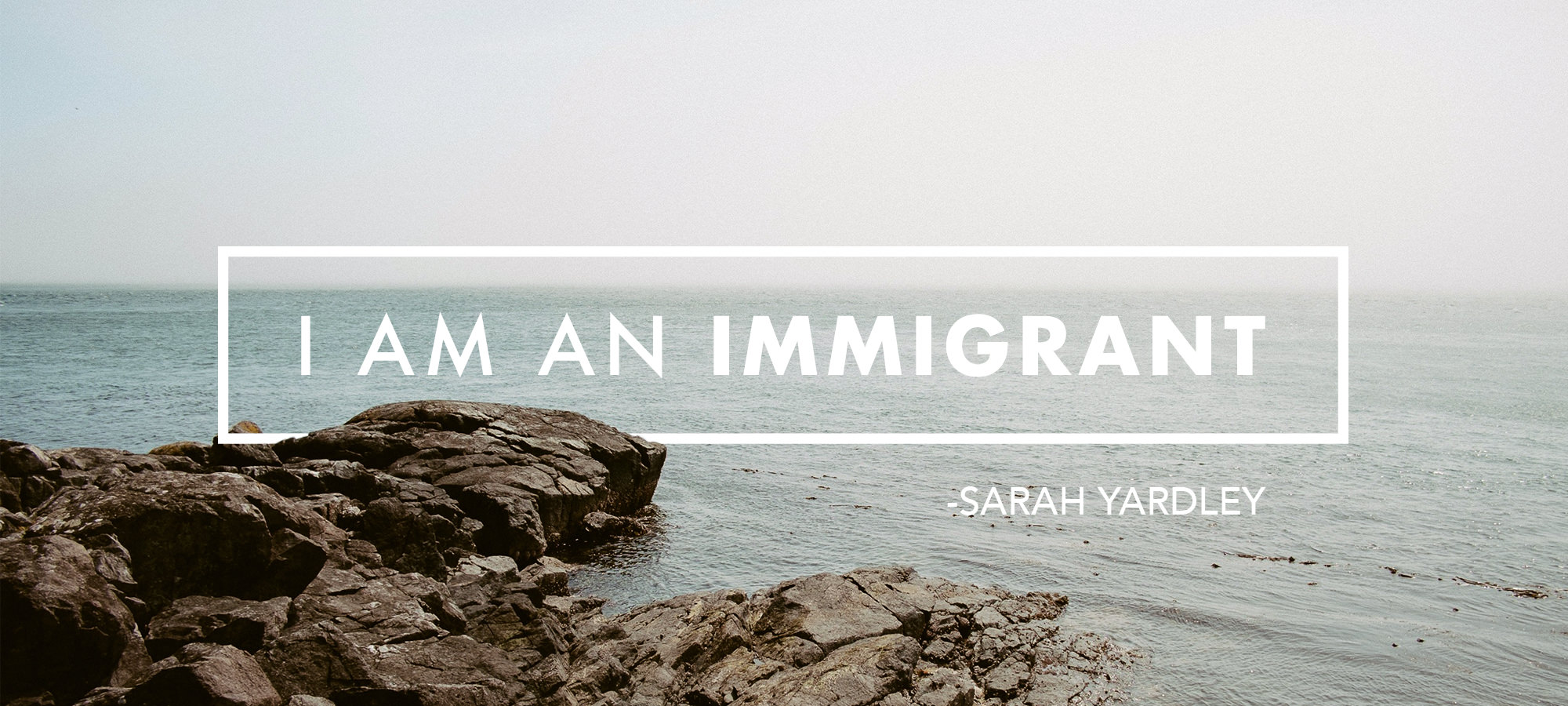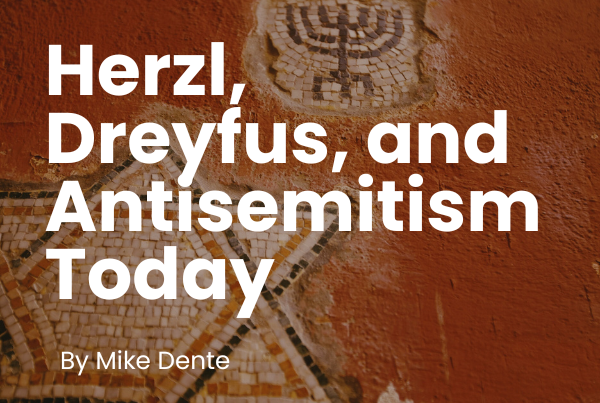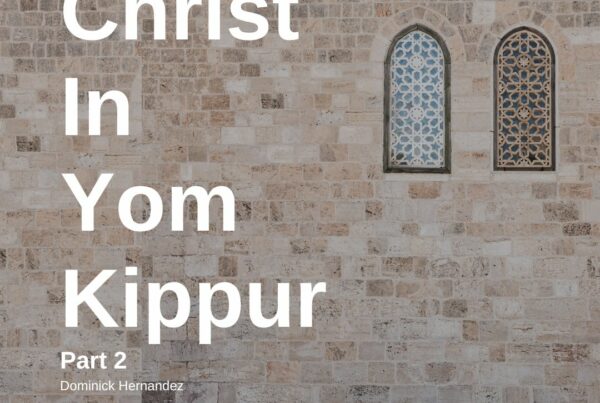
I realized this week a startling fact: I am an immigrant. (Technically, still in progress, with a long road ahead unless I can convince a British man who loves Jesus and makes more than 18,500 pounds a year to fall in love with me. But that’s another story.)
Growing up in California, immigration was always fiercely debated. Border control wasn’t a far-off political issue but a very present concern. On a highway not far from my home in Orange County, a sign depicts two running figures, warning us to drive carefully. Fleeing immigrants may cross this section. My South African and British friends find the idea of these signs bizarre, to say the least.
I would be dishonest if I claimed that I didn’t hold some small prejudices against immigrants. Ironically, for a country made up of immigrants, Americans can be fierce in their patriotic pride. My prayers were, I think, not so far from the Pharisees, Thank you, God, that I am not like them. I was born here in ‘Merica.
The recent refugee crisis and a ministry trip to Calais were a catalyst to reconsider many of my personal perceptions and opinions on immigration and refugees. I’m still undecided on where I stand politically, but it was in the midst of these mental gymnastics that I suddenly, startlingly came to the realization: I am an immigrant.
It caught me off guard, took my breath away. Suddenly, my prejudice could only be held against myself. After all, I am now the one seeking citizenship in a country (England) not my own. I am the one trying to do everything properly and still managing to fail half the time. I’m the one looking for a tidy loophole or convenient shortcut to citizenship.
I find that often in my life, I lack compassion until God reminds me of my place in the story.
I find that often in my life, I lack compassion until God reminds me of my place in the story. Although it’s not the Gospel, I nearly always convince myself that I’m the hero. I pity the others, the sinners, the lonely, the immigrants.
Until He reminds me: I am all of these. I am the stranger, seeking a homeland.
Sam Wells, vicar of St. Martin-in-the-Fields, London, states it far more beautifully than I ever could, “Maybe my faith is now closer to where it should have been all along. Jesus called me to the other side, like the disciples, to leave the place where my skills are valued, my face is known, my eccentricities accepted, my privilege secure, my status guaranteed, my identity established. Jesus invited me to the place where I couldn’t hide behind these barriers. He invited me to Himself.”
In the Old Testament, God reminds His people often to care for the widow, the stranger, the orphan. In some sense, I have been incredibly privileged. I’ve never gone without a bed, rarely gone without a meal, scarcely gone without a day of some small kindness. In all of these things, I am again reminded that I am simply loved. In light of this love, I want to generously love others.
“You shall treat the stranger who sojourns with you as the native among you, and you shall love him as yourself, for you were strangers in the land of Egypt: I am the Lord your God” (Leviticus 19:34).
When I was a stranger, Jesus welcomed me with love. When I was a citizen of the curse, He redeemed me to be a child of promise. The Gospel says that I am an immigrant, no matter which country I dwell in on earth. I’m an immigrant, and He loves me.






